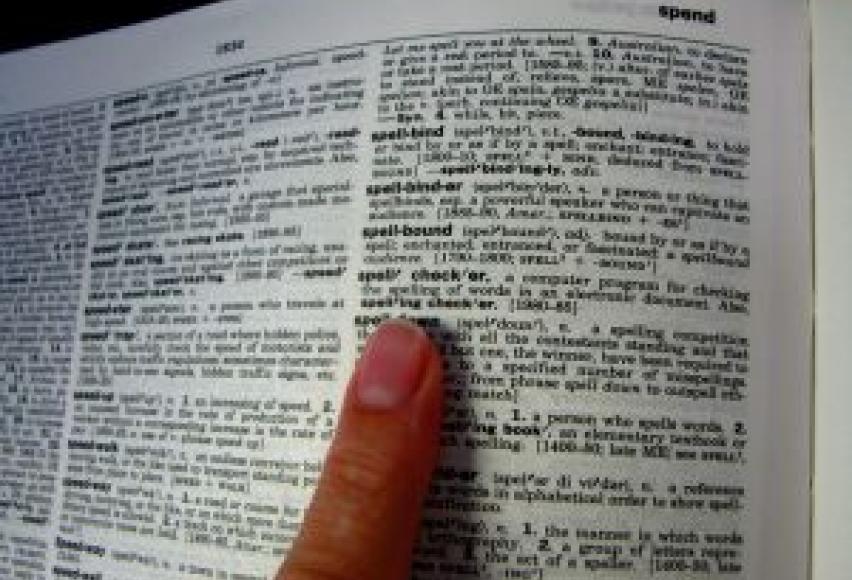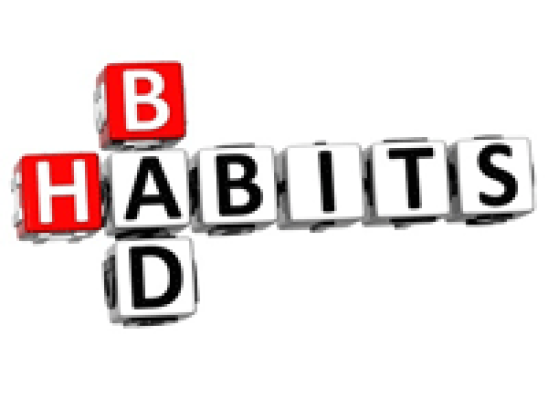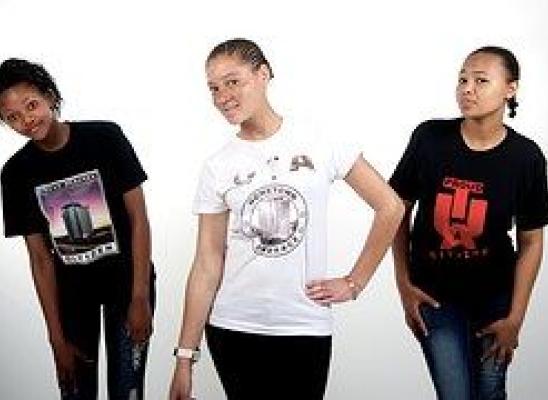Trichotillomania (Trichotillosis) - Definition and Origin

Online test
Find out the severity of your symptoms with this free online test
A lot of people will take a look at hair pulling and call it just that – hair pulling. However, if they know hair pulling just by this term, they may not realize that the act is actually symptomatic of a serious disorder that is marked by compulsive urges.
The Name Behind Hair Pulling
The official scientific name for pulling hair is trichotillomania. The trichotillomania definition states that it is a compulsive or irresistible urge to pull out one’s own hair. This hair is typically pulled from the following common areas:
- Scalp
- Eyelashes
- Eyebrows
- Extremities
- Pubic Area
- Chest in male patients
- Beard in male patients
While the trichotillomania definition paints a general picture of the disorder, the signs and symptoms related to the condition are what truly define it. Trichotillomania is marked by noticeable physical symptoms like the development of bald patches, sparse eyebrows, or irritated and infected skin. It is also marked by a host of emotionally based symptoms, including guilt, embarrassment, depression, and ultimately, isolation and social withdrawal.
Origins of the Term
The trichotillomania word origin also helps in painting a picture of how the disorder is defined. The term trichotillomania comes from the Greek words “trich,” “tillen,” and “mania.” The word trich translates into hair, the word tillen translates into pull, and the word mania translates into madness or frenzy. The trichotillomania word origin is further defined by its first usage; the term was coined back in 1889 by a French dermatologist named Francois Henri Hallopeau, who used it to describe a condition exhibited by a young male patient who had tore out every hair on his body in reaction to an intense itch. In Hallopeau’s native French tongue, the word was spelled “trichtillomanie;” the English version of the word is estimated to come into existence sometime between 1900 and 1905.
Like other words, trichotillomania has also morphed and mutated into various forms. The disorder is oftentimes simply referred to as trich as a shorthand nickname. Occasionally, the disorder is known as trichotillosis or trichomania. In Spanish, the term translates into tricotilomania. Even though there are changes to the root word of varying subtlety, the actual definition of trichotillomania does not alter in any way.
Trichotillomania and Hair Pulling
Even though the term trichotillomania does seem to carry a more serious intonation to it, the term hair pulling can still be used as a descriptor of the disorder. That said it is important to note that even when the term hair pulling is used, there is a term that carries a deeper, more accurate sense of the condition with it.
Online test
Find out the severity of your symptoms with this free online test
Start your journey with TrichStop
Take control of your life and find freedom from hair pulling through professional therapy and evidence-based behavioral techniques.
Start Now



